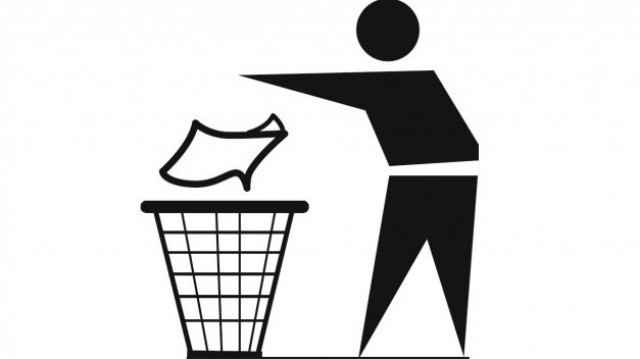Centre, Sindh fail to agree on VAT collection

Sindh has rejected the centre’s proposal to surrender four key services for tax collection and keep all others, a move which can weaken the federal government’s position in the $11.3 billion International Monetary Fund (IMF) loan programme. Negotiations between the federal and Sindh governments ended on Monday with the Sindh team returning to Karachi after failing to agree on the issue of levying and collecting 15 per cent VAT on services.
“The Sindh government has rejected the federal government’s proposal in which it offered the provincial government to levy and collect VAT on all services except for banking, telecom, insurance and air travel,” said a Sindh government negotiator. Sindh’s refusal to accept the centre’s olive branch may jeopardise the implementation of the integrated VAT from July 1.
According to finance ministry officials, the IMF has also hardened its stance, asking Islamabad to impose VAT in place of General Sales Tax by July 1. “The message from Washington is very clear, no VAT no money,” said a finance ministry official. The Sindh’s negotiator said that the provincial government gave a counter proposal aimed at resolving the lingering controversy. “The proposal will allow Sindh to collect Value Added Tax on all services in a manner that meet the finance ministry’s requirements,” he added.
However, he declined to share the details of the proposal, saying it could compromise Sindh’s position. The situation is fast heading towards a point where VAT imposition will almost become impossible. Federal Board of Revenue Chairman Sohail Ahmad has already stated that “if Sindh is not on board then he will ask the government to kill VAT.” Ahmad on Monday refused to comment on the latest development, saying he was not in the picture as negotiations were going on under the umbrella of the finance ministry.
The Sindh negotiator claimed that Punjab would also follow suit. “Informally, the Punjab government has conveyed us that its position will be the same as that of Sindh government.” Punjab’s Standing Committee on Finance has not taken up the provincial VAT bill despite a passage of one month. He, however, brushed aside claims that without integration VAT cannot work and cited examples of Brazil and India. “It’s a unitary state tax system not federal, as the United States does not have VAT.”
He said that Sindh’s contention was that accepting the federal government’s demand means less revenues. “As much as Rs55 billion are collected from telecom services and Sindh only gets Rs3.5 billion despite the fact that a minimum Rs25 billion are being collected from Sindh. Even if we collect Rs5 billion, we do not have to share it with anyone else.” He said that the distribution formula was the main bone of contention between the centre and the province.
The federal government has proposed a formula that half of the total taxes being collected on services would go to Sindh, 44 per cent to Punjab, 5 per cent to Khyber- Pakhtunkhwa and one per cent to Balochistan. Official spokesperson for the Ministry of Finance, Asif Bajwa, refused to comment on the latest development. Meanwhile, Pakistan and the IMF will discuss next year’s budget during the coming week in Qatar, Doha. Sources said both sides would finalise broader parameters of the budget for 2010-11. Pakistan is facing financial constraints and the IMF has objected to provision of new subsidies in the budget, expected to be announced on June 5.
Published in the Express Tribune, May 11th, 2010.



















COMMENTS
Comments are moderated and generally will be posted if they are on-topic and not abusive.
For more information, please see our Comments FAQ